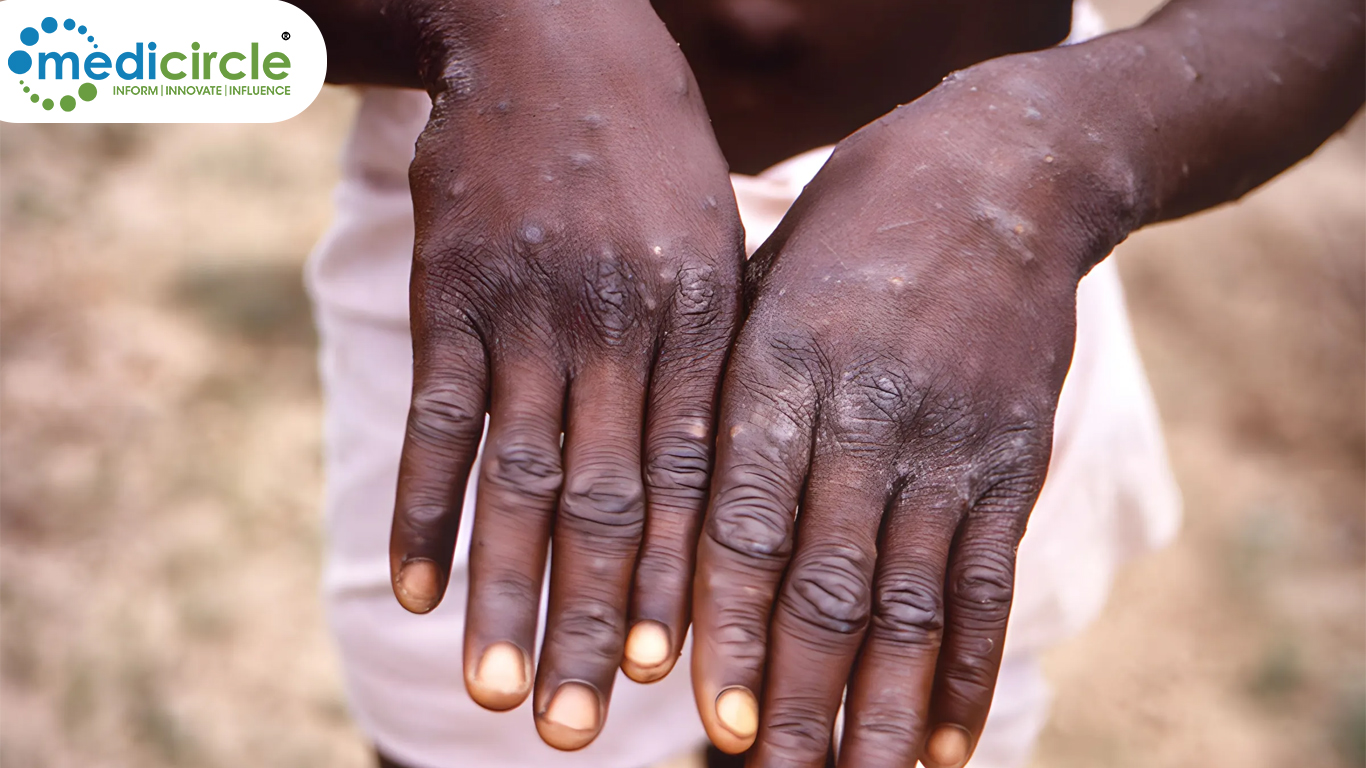The World Health Organization (WHO) has once again declared a global health emergency due to an outbreak of mpox, a viral infection that spreads primarily through close contact. This marks the second time in two years that the WHO has issued this high-level alert for mpox, highlighting the seriousness of the situation.
The declaration, known as a "public health emergency of international concern" (PHEIC), is WHO’s most urgent call to action. Such an alert is issued when a disease is spreading in new or unusual ways and requires international cooperation and resources to control. The WHO’s recent declaration follows a similar announcement made earlier by the Africa Centres for Disease Control and Prevention.
Two years ago, the WHO first labeled mpox as a global emergency when the disease began to spread rapidly, particularly among men who have sex with men. Public health measures, including behavior changes, safer sex practices, and vaccinations, helped bring that outbreak under control in many countries. However, mpox has been a longstanding health issue in Africa, particularly in the Congo, where the first human case was identified in 1970. Since then, the region has experienced periodic outbreaks.
The current outbreak in Congo is the worst the country has ever faced, with over 27,000 cases and more than 1,100 deaths reported since January 2023. The majority of these cases have affected children. Mpox typically causes flu-like symptoms and skin lesions filled with pus. While generally mild, the disease can be fatal, particularly for children, pregnant women, and individuals with weakened immune systems, such as those living with HIV.
What is especially concerning about the current outbreak is the emergence of a new strain of the mpox virus. This strain is spreading rapidly, both through sexual contact and other forms of close contact, such as among children in displacement camps. The virus has now spread beyond eastern Congo to neighboring countries, including Rwanda, Uganda, Burundi, and Kenya, raising alarm among global health authorities.
The WHO and other health experts are hopeful that the emergency declarations will expedite the mobilization of medical resources and funding to help control the outbreak in Congo. Enhanced surveillance is crucial for understanding the virus's behavior and preventing further spread.
Despite the urgency, efforts to combat mpox have faced significant challenges. In 2022, a WHO appeal for $34 million to fight the virus failed to attract donor support. Additionally, there has been a stark inequity in vaccine access. African countries have had limited or no access to the vaccines developed by Bavarian Nordic and KM Biologics, which were used in other parts of the world during the previous outbreak. Although there are ongoing efforts to change this, vaccine supplies remain limited, and the situation remains critical.
Mpox is a serious health threat, particularly for vulnerable populations such as children. However, it is not as easily transmissible as COVID-19, as there is currently no evidence that mpox spreads through the air in the same way. The tools to prevent and control mpox—such as vaccines, safe practices, and targeted public health measures—exist, but the challenge lies in ensuring these resources reach the people who need them most in Congo and its neighboring countries.
The emergency declarations by WHO and the Africa CDC aim to bring global attention to the situation and rally international support to stop the spread of mpox and protect those at greatest risk.

 The emergency declarations by WHO and the Africa CDC aim to bring global attention to the situation and rally international support to stop the spread of mpox and protect those at greatest risk.
The emergency declarations by WHO and the Africa CDC aim to bring global attention to the situation and rally international support to stop the spread of mpox and protect those at greatest risk.










.jpeg)







.jpeg)

.jpg)










